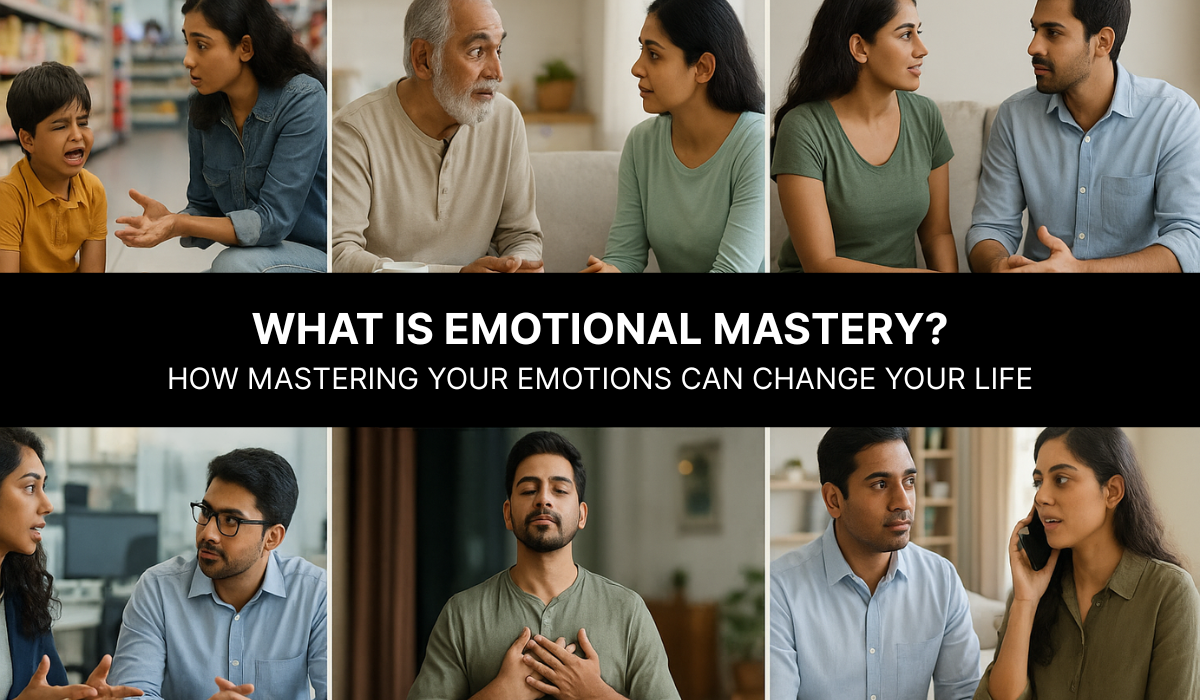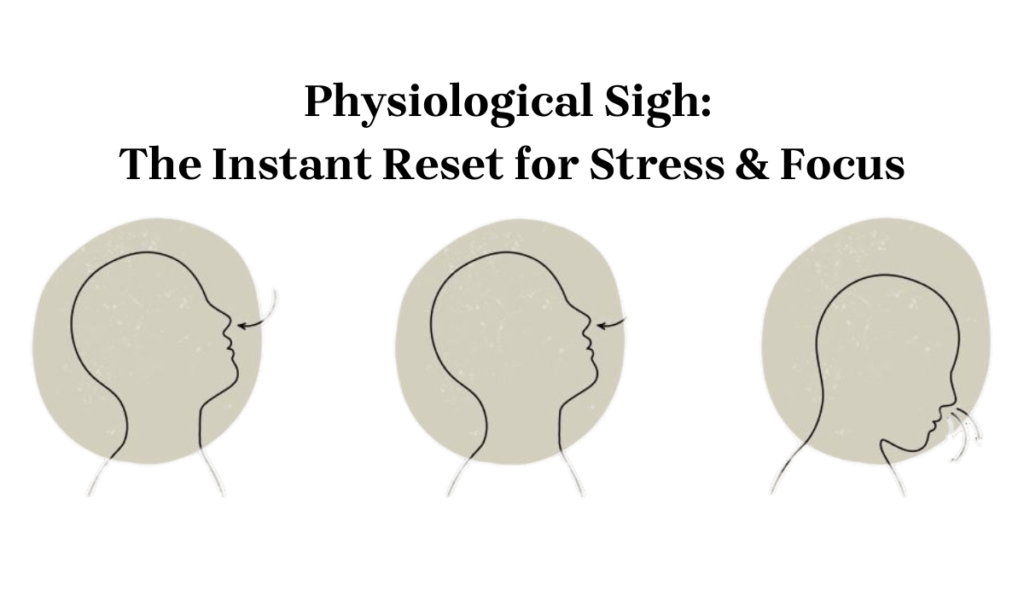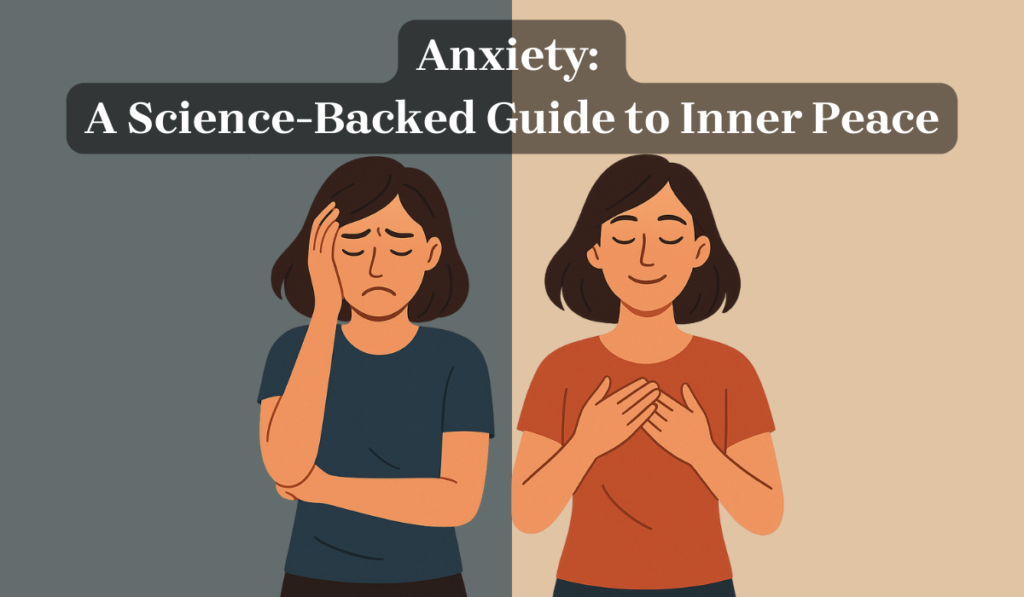Introduction: Why Emotional Mastery Matters
Ever snapped at someone and regretted it?
Or stayed up overthinking a small comment?
You’re not alone. Emotions drive how we act, think, and connect. Yet most of us never learned how to manage them effectively.
Emotional Mastery is the ability to understand, manage, and use your emotions with intention—instead of letting them control you.
It’s not about suppressing emotions. It’s about expressing them wisely.
What Emotional Mastery Really Means (In Simple Words)
Think of emotions like traffic. You can’t stop cars from coming, but you can learn when to stop, when to move, and how to avoid crashes.
Emotional Mastery means:
- You notice your feelings.
- You understand what triggered them.
- You respond instead of react.
It’s the moment between “I feel this” and “I choose how to act on it.”
7 Everyday Examples That Make It Real
Let’s look at how Emotional Mastery plays out in daily life:
- With Your Kids
Your child throws a tantrum in a store.
Your instinct is to yell—but you pause. You breathe. You kneel down and speak calmly.
You model calmness, not chaos.
- With Your Aging Parents
Your mom repeats the same story. You feel impatient.
Instead of snapping, you remind yourself she’s lonely and just wants to connect.
You listen with kindness.
- With Your Spouse
They forget something important. You feel hurt and ignored.
Instead of starting a fight, you say, “I felt let down. Can we talk about it?”
You express, not explode.
- With a Co-Worker
They take credit for your idea in a meeting. You feel angry.
Instead of lashing out, you wait. Later, you speak directly and professionally.
You choose impact over impulse.
- With Your Boss
Your boss gives last-minute feedback delaying your work. You feel frustrated.
You pause, refocus, and ask clarifying questions without getting defensive.
You stay solution-focused.
- With Yourself (Self-Doubt)
You feel like a fraud before a big presentation.
Instead of spiraling, you name the emotion: “This is self-doubt.”
You breathe, ground yourself, and recall past wins.
You feel it, but act anyway—with courage.
- Setting Healthy Boundaries
A friend constantly calls with complaints, draining your energy. You feel guilty saying no.
You pause and say clearly, “I care deeply about you, but I can’t offer support right now. Can we talk later?”
You protect your energy—without resentment.
That’s Emotional Mastery in action.
Why Emotional Mastery Is Hard (But Life-Changing)
We were often taught:
- “Be strong” (often means hiding your feelings)
- “Get over it” (without processing emotions)
- “Just do it” (without emotional awareness)
This leads to burnout, broken relationships, and reactive behavior. Emotional Mastery breaks that pattern. It creates space between stimulus and response—so you choose how you show up.
3 Core Skills of Emotional Mastery
- Awareness
Name what you feel. Saying “I’m anxious” is more powerful than “I’m fine.” - Regulation
Use tools like breathwork (box breathing, physiological sigh), gentle movement (short walk, stretching), or journaling (write down triggers and responses) to calm your nervous system. - Expression
Communicate clearly and kindly. Say what you feel—without blame or drama.
The Payoff: Why You Want This
- More peace in your home
- Deeper relationships with family and team
- Better decisions at work
- Higher self-confidence
- Less emotional exhaustion
You’re Not Too Emotional—You’re Just Untrained
You don’t need to “toughen up.” You need to learn how emotions work—and how to work with them.
Emotional Mastery isn’t a talent. It’s a trainable skill that transforms every part of your life.
Ready to Take Control?
Dive deeper into proven tools and frameworks with our Emotional Mastery series and start transforming your relationships, work, and life today.
Because when you master your emotions, you master your moments.



